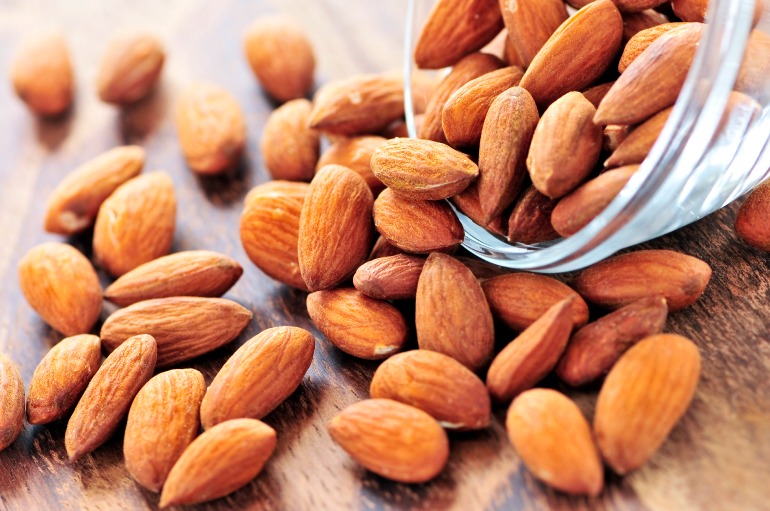
We’re told over and over again that eating before bed will make you gain weight, but not all nighttime snacks should be avoided. In fact, eating the right foods before bed can actually improve your metabolism and sleep.
Going to bed hungry is not fun, however, neither is going to bed feeling too full, and eating the wrong foods before bed can also negatively impact your sleep.
“What impacts sleep quality the most is the ratio of macronutrients eaten at dinner,” Melbourne-based nutritionist Melissa Smith explains.
Macronutrients are the major nutrients — such as protein, fat and carbohydrates — the body needs for energy production and many other functions. Having a balance of protein and carbohydrates is important so that blood-sugar levels remain stable throughout the night.
Smith says one of the main reasons people wake up at 3am is because their blood-sugar levels have dipped, which spikes cortisol (stress hormone) release, which wakes you up.
Read more: Researchers find link between sleep apnoea and dementia diagnosis

So, what should you eat for a better night’s sleep? If you’re feeling a little peckish before bed, Smiths suggests munching a few almonds and half a banana. The almonds and banana will provide your body with tryptophan (the body uses tryptophan to help make serotonin, which is thought to produce healthy sleep) and carbohydrates, which she says “help produce melatonin, and they also contain magnesium to help you feel relaxed and ready to sleep”.
Read more: Why your ageing brain is making a good night’s sleep hard to get
Nibbling on a small piece of cheese with half an apple, or a warm cup of almond milk or cow’s milk can also be helpful as this gives your body the right amount of macronutrients to help you fall asleep.
A small amount of protein should be included in every meal for good health, but Smith advises cooking turkey, chicken or tofu for dinner as they are also all high in tryptophan.
It’s a no-brainer that avoiding foods high in sugar, such as chocolate, biscuits and cakes, is also advised as they contain ingredients that increase cortisol production and suppress melatonin making it harder to fall asleep.
Smith adds: “Avoid consuming caffeinated beverages such as coffee, black tea and green tea after midday, as caffeine can suppress melatonin production for up to 10 hours.”
Other foods that are proven to help aid sleep include cherries, walnuts, kiwi fruit and passionflower tea.